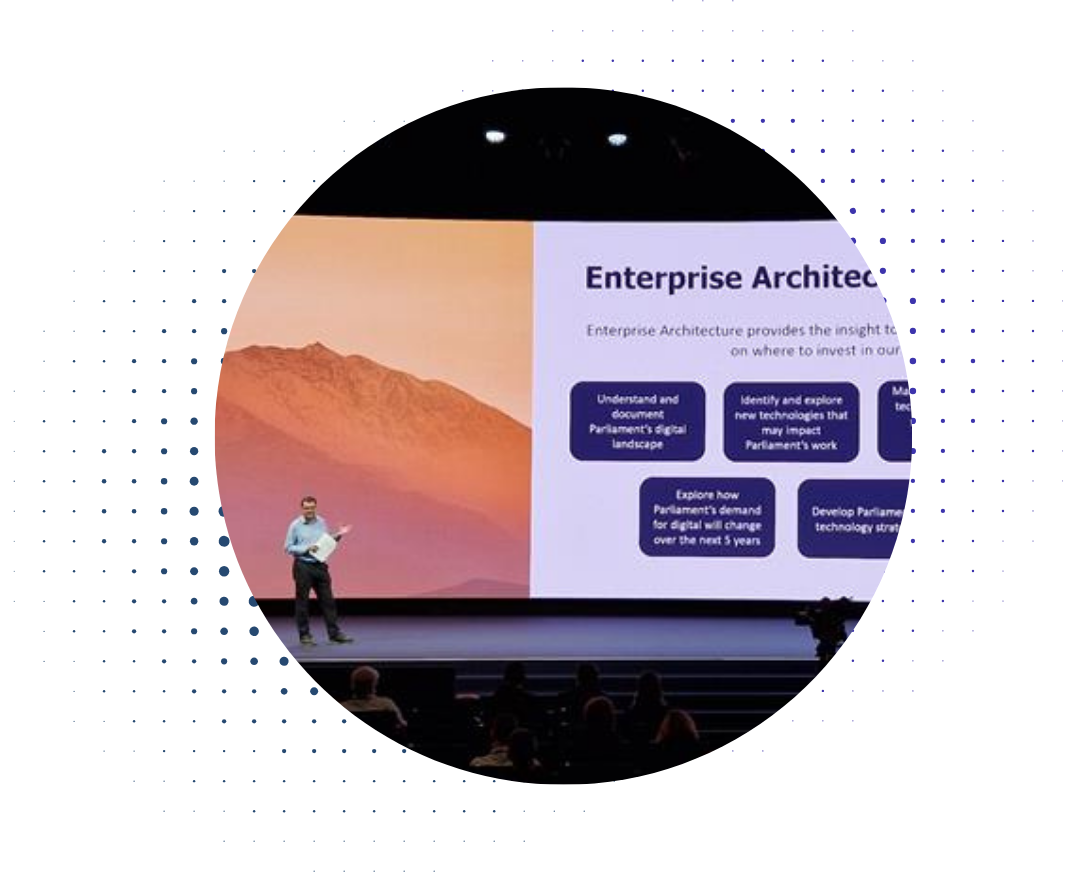The landscape of business competition is rapidly evolving, with sustainability emerging as a critical factor in gaining a competitive edge. No longer confined to the realms of compliance or corporate social responsibility, sustainability has become a strategic opportunity that can improve financial success, enhance talent acquisition, and bolster brand reputation.
The business case for sustainability
The growing importance of sustainability is evident in several key statistics, for example in talent acquisition.
A survey by IBM found that 67% of respondents are more willing to apply for jobs and 68% are more willing to accept positions at environmentally sustainable companies. The survey also indicated that individuals are willing to accept a lower salary to work for an organization that is proactive in its sustainability and social responsibility. On average, those surveyed took a pay decrease of 28%.
There are also financial benefits associated with more sustainable practices. According to Professor Tharindra Ranasinghe of the Kogod School of Business, there is evidence that carbon risk affects a firm’s future profitability and increases litigation risk. “It affects businesses’ reputation, social legitimacy, and financial attributes. Even from a purely financial perspective, managers must actively work to reduce carbon risk.”
On top of this, consumers are willing to pay for sustainable products and services. Back in 2015 even, a report from an energy supplier found that 81% of consumers are likely to buy from a consumer brand with a positive approach to sustainability. In addition, an IBM survey reported that 49% of surveyed consumers paid an average premium of 59% for environmentally sustainable or socially responsible products.
Additionally, in a review of academic literature the Harvard Business Review found that 88% of studies show that good ESG practices lead to better operational performance, and 80% indicate a positive correlation between sustainable business practices and stock price performance.
These trends show how sustainability is becoming a core component of business strategy, not just for ethical reasons but for practical, financial benefits.
Making sustainability manageable
Undoubtedly there is value in taking sustainability more seriously in business, from both a moral and success perspective. To enable organizations to leverage this value, we have launched the new Sustainability Lens in OrbusInfinity. Available to all OrbusInfinity customers at no additional cost, the feature offers users insights into an organization's sustainability impact, creating a digital 'greenprint' for strategic decision-making. The Sustainability Lens facilitates data-driven decisions, helping businesses identify and mitigate risks, engage stakeholders, and avoid greenwashing.




.png)


